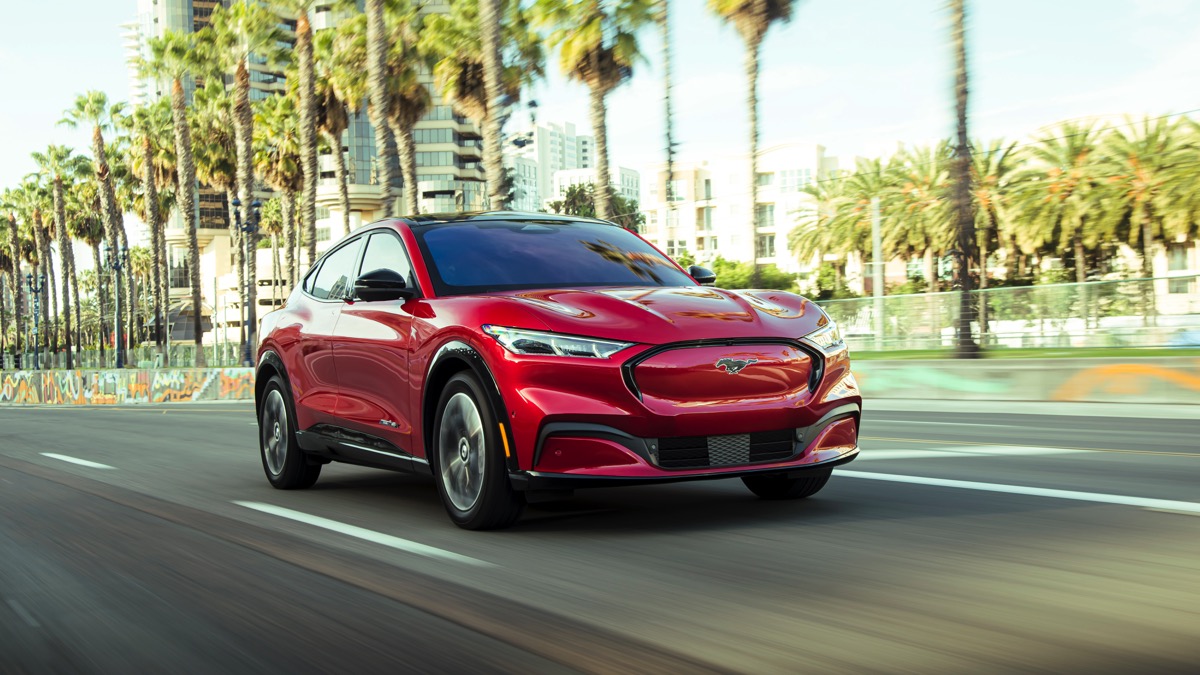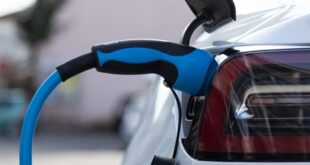Despite overall profits, Ford’s EV division faces an uphill battle, bleeding $1.3 billion this quarter.
Ford is hitting a rough patch with its electric vehicle (EV) division, Model e, which reported a staggering loss of $1.3 billion in the first quarter of 2024. This figure is a sharp increase from last year, doubling the losses from the same period in 2023. Despite these challenges, Ford’s overall financial health remains strong, thanks to robust earnings from its Ford Pro fleet division, which brought in a whopping $3 billion.
The contrast between the divisions is sharp. Ford Pro is making about $7,300 in profit for each of the over 400,000 vehicles it sold, while Ford Blue, focusing on internal combustion engines, made roughly $1,400 per vehicle from more than 600,000 units sold. Meanwhile, each EV sold under the Model e banner resulted in a loss of nearly $130,000. To put it in perspective, for every electric vehicle Ford sells, it’s like it’s giving away a small house worth of money.
Despite these eyebrow-raising numbers, Ford’s overall net income stood at $1.3 billion for the quarter. This balance is largely thanks to the significant contributions from Ford Pro, which seems to be the financial powerhouse keeping the company steady.

The crux of Model e’s financial woes appears to be tied to an 84% plummet in revenue, which only totaled about $100 million, despite selling around 10,000 EVs. This drop is especially concerning given that sales were only down by 20% compared to last year. The main culprit for this drastic revenue reduction? Price cuts. Ford slashed prices on its EVs in a bid to stay competitive in a market that’s becoming increasingly crowded with cheaper and more technologically advanced options.
Ford’s decision to cut EV prices was a response to what it described as “industry-wide pricing pressure.” This strategy aims to keep Ford’s offerings attractive to consumers who are spoiled for choice with cheaper EVs flooding the market. However, this move seems to have backfired financially, at least in the short term.
The silver lining, if it can be called that, is that these financial sacrifices are part of Ford’s larger strategy to position itself for future success in the EV market. The money lost now is viewed as an investment in the development of next-generation EVs. Ford hopes that these new models will not only recoup the current losses but also drive the company’s revenue much higher in the future.

It’s a risky bet, with Ford gambling on its ability to innovate and capture more of the EV market before the losses become unsustainable. As it stands, the pressure is on for Ford’s Model e division to turn the tide. With the EV landscape evolving rapidly, Ford is in a race against time and technology to ensure its electric dreams don’t turn into financial nightmares.
Will the investments in next-generation technology pay off? Or will the financial strain prove too much for the auto giant? Only time will tell, but for now, Ford is all in, betting big on electric.








